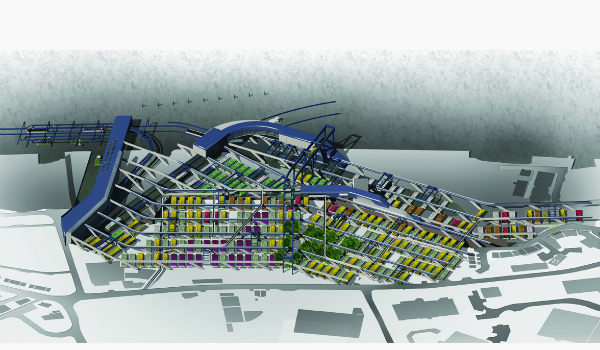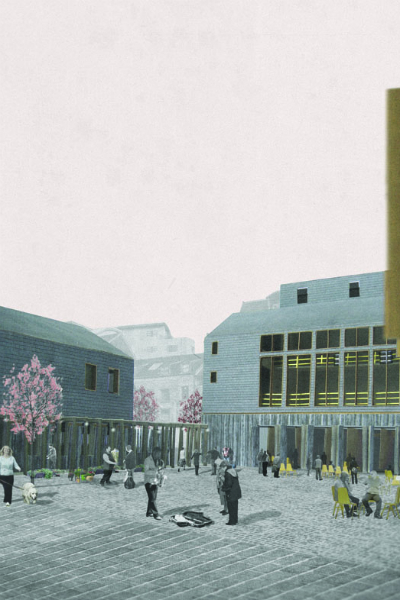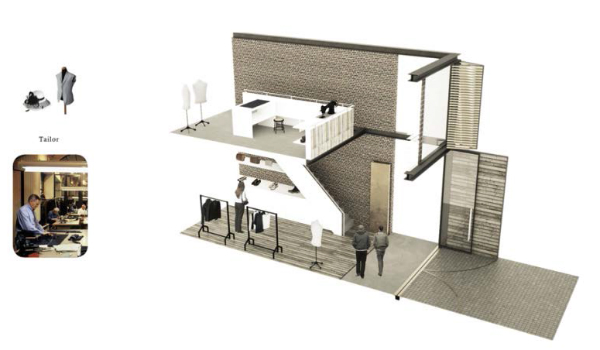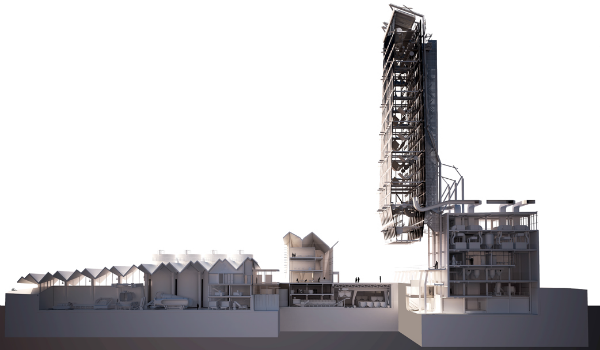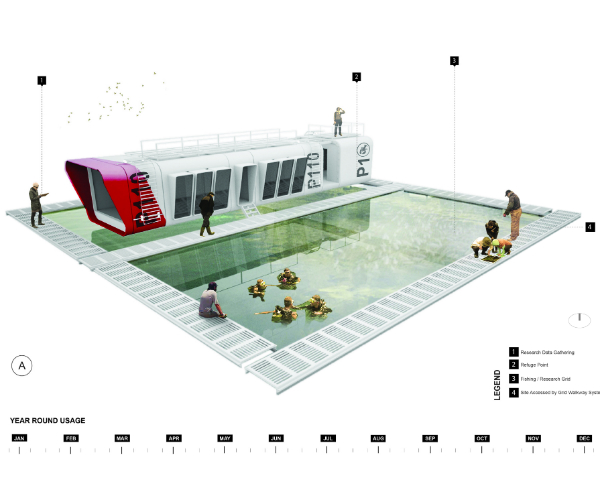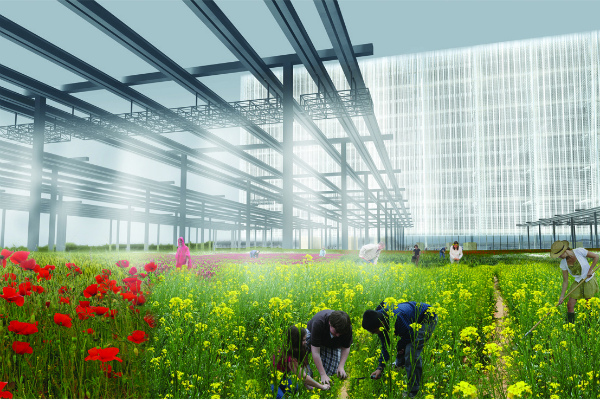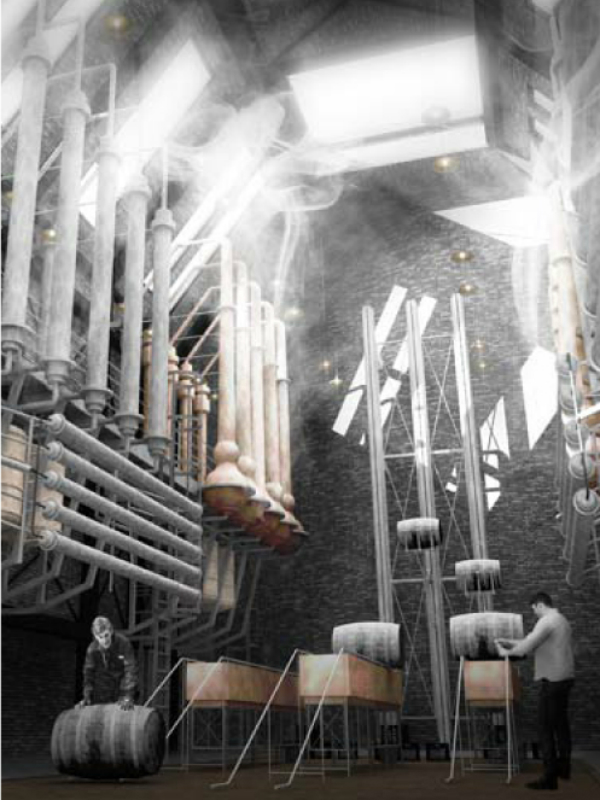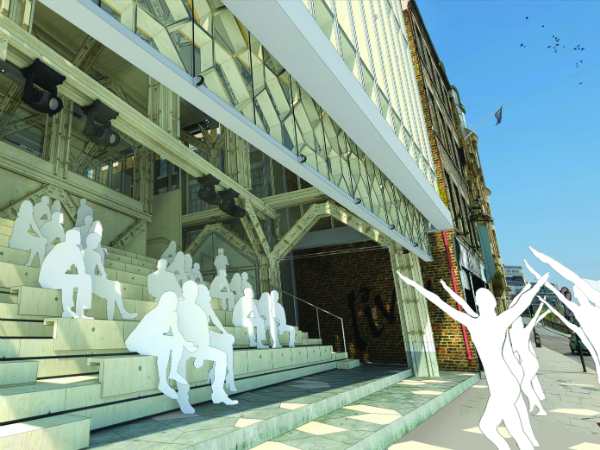-
Study
Study
Interested in studying at Northumbria? With 31,500 students, Northumbria is one of the largest universities in the country, offering courses on either a full-time, part-time or distance learning basis.
Discover more-
Undergraduate
- Undergraduate Study Degree
- Undergraduate Open Day & Events
- Application Guides
- Northumbria University UCAS Exhibitions
- Foundation Years
- Undergraduate Fees & Funding
- School & College Outreach
- Continuing Professional Development
-
Postgraduate
- Postgraduate Study Degree
- Postgraduate Research Degrees
- Postgraduate Open Days and Events
- Postgraduate Fees & Funding
- Flexible Learning
- Thinking about a Masters?
- Continuing Professional Development
- Change Direction
-
Student Life
- The Hub - Student Blog
- Accommodation
- Life in Newcastle
- Support for Students
- Careers
- Information for Parents
- Students' Union
- Northumbria Sport
-
-
International
International
Northumbria’s global footprint touches every continent across the world, through our global partnerships across 17 institutions in 10 countries, to our 277,000 strong alumni community and 150 recruitment partners – we prepare our students for the challenges of tomorrow. Discover more about how to join Northumbria’s global family or our partnerships.
Discover more-
Applying to Northumbria
- European Union
- Our London Campus
- Northumbria Pathway
- International Events
- Entry Requirements
- Agent Network
-
Northumbria Language Centre
- Faculty Requirements
- Acceptable English Requirements
- Pre-Sessional English and Study Skills
- Academic Language Skills Programmes (ALS)
-
International Fees, Funding & Scholarships
- International Undergraduate Fees
- International Undergraduate Funding
- International Masters Fees
- International Masters Funding
- International Postgraduate Research Fees
- International Postgraduate Research Funding
- International Money Matters
-
Life at Northumbria
- International student support
- The Hub - Student Blog
- Careers
-
International Mobility
- Current Northumbria Students
- Incoming Exchange Students
-
-
Business
Business
The world is changing faster than ever before. The future is there to be won by organisations who find ways to turn today's possibilities into tomorrows competitive edge. In a connected world, collaboration can be the key to success.
Discover more -
Research
Research
Northumbria is a research-rich, business-focused, professional university with a global reputation for academic quality. We conduct ground-breaking research that is responsive to the science & technology, health & well being, economic and social and arts & cultural needs for the communities
Discover more -
About Us
-
About Northumbria
- Our Strategy
- Our Staff
- Our Partners
- Student Profiles
- Alumni Profiles
- Leadership & Governance
- Academic Departments
- University Services
- History of Northumbria
- Contact us
- Online Shop
-
-
Alumni
Alumni
Northumbria University is renowned for the calibre of its business-ready graduates. Our alumni network has over 236,000 graduates based in 178 countries worldwide in a range of sectors, our alumni are making a real impact on the world.
Discover more - Work For Us
What will I learn on this module?
Increasing awareness of social, environmental, ethical and regulatory principles and requirements of architectural practice and technologies is manifested in your application of these themes to your module assignment and studio design projects. You will develop a critical consideration of broader professional, social, ecological and ethical factors informing architectural practice. Module content will encourage critical thinking, supporting the identification, appraisal and selection of emergent themes relating to architectural design and practice. Analytical studies of appropriate precedents, technologies and applications will contextualise your developing knowledge, and enable the application of this knowledge to your design processes. A thematic lecture programme will explore key technologies, typologies and principles. Supporting seminars will provide you with the opportunities to directly apply this knowledge to studio based project work. Your communications and research skills will be advanced in order to successfully articulate and argue for the technological and environmental choices you will make within the design of studio projects. You will be encouraged in individual and group work to carry out independent learning in order to develop a personal knowledge base applicable to academic and professional practice.
How will I learn on this module?
A lecture programme, aligned with the studio design projects, will critically examine key principles, precedents and case studies of technological and environmental architectural design. You will be expected to critically evaluate this material in order to pursue self-directed thematic enquiry, supporting the development of your personal knowledge base. This thematic enquiry will form the basis for seminar sessions during which you will actively participate in discussing and applying this knowledge to studio based project work and module assignments. You will be expected to develop the relevant communication skills to express your chosen structural and technological solutions. Seminars provide a forum for tailored formative feedback to inform your personal learning journey and your summative assignment. A wide range of learning materials will be available to you via the electronic learning portal (ELP) including presentations, technical literature, regulatory codes, video links etc. to support your independent research and learning. Other relevant learning opportunities (e.g. building visits, guest lectures) will be provided as required to support your learning.
How will I be supported academically on this module?
Your learning will be supported by a comprehensive electronic reading list, with all lecture content and ancillary material being made available on the eLearning Portal (eLP). This provides continual access to these learning materials, enabling self-directed inquiry and learning to . Seminars will offer a supportive learning environment in which you can discuss approaches to contextualise and apply technological and environmental principles to your own studio projects. Self-directed learning will be encouraged, recognising your ability to source relevant materials for practical and justifiable application. Formative feedback through seminars and studio discussions will provide guidance for further critical appraisal and application of the module content. Written feedback will be provided at summative assessment points to help you reflect, develop and learn. Case studies and various illustrative materials and media will provide examples of relevant practices and technologies. Where appropriate, lectures from external speakers, designers and construction industry specialists will be provided. In addition, the University Library will provide you with recommended texts (books, journals, databases) to support you in the completion of this module. The Ask4Help online service will provide you with access to a suite of relevant academic study skills, such as academic referencing, information sourcing, academic writing etc.
What will I be expected to read on this module?
All modules at Northumbria include a range of reading materials that students are expected to engage with. The reading list for this module can be found at: http://readinglists.northumbria.ac.uk
(Reading List service online guide for academic staff this containing contact details for the Reading List team – http://library.northumbria.ac.uk/readinglists)
What will I be expected to achieve?
Knowledge & Understanding:
KU 1. You will develop knowledge of the principles of building technologies, structure, environmental design and construction methods, in relation to human well-being and a sustainable environment
KU 2. You will demonstrate an advancing appreciation of technologies, materials, systems and their application, methods of assembly and appropriate regulatory frameworks, and environmental standards
Intellectual / Professional skills & abilities:
IPSA 1. You will appraise, evaluate and justify the choice of technological and environmental decisions in response to design project applications
IPSA 2. You will apply the conventions of architectural
representations in the professional communication of technological and environmental solutions.
Personal Values Attributes (Global / Cultural awareness, Ethics, Curiosity) (PVA):
PVA 1. You will develop an appreciation of the profession’s regulatory frameworks, the needs and aspirations of clients or users, the roles of those who collaborate in the making process, and the impact of the design upon wider communities.
How will I be assessed?
Formative assessment for learning will provide advice and feedback on work in progress through formal and informal studio-based activities, with the aim of supporting learning and application of knowledge.
Summative assessment will be through the production of an annotated technical design exercise, which tests all module learning outcomes (100%):
KU1, KU2, IPSA 1, IPSA 2, PVA1, PVA2
Feedback will be offered in verbal, written and drawn form, which will provide advice for further development and a critical appraisal of their work and performance. Moderation of summative assessment will take place at the end of the module.
Pre-requisite(s)
None
Co-requisite(s)
None
Module abstract
This module builds upon and deepens your understanding of structural, constructional, and environmental principles, technologies and theories through their application to medium scaled architectural projects. You will be expected to demonstrate your engagement with this module through the development of a technical exercise which will evidence your considered choice of solutions pertaining to your studio design project. You will analyse precedents and advance potential solutions in order to evidence critical judgement in the application of key technological and environmental strategies. You will also employ relevant professional communication skills and conventions to express your proposed solutions to a professional audience. Lecture content will be aligned towards your active application of this knowledge to studio based design projects, supported by focussed seminars. The Social, environmental, ethical and technological consequences and principles of construction and practice will underpin the ethos of this module.
Course info
UCAS Code K100
Credits 20
Level of Study Undergraduate
Mode of Study 3 years full-time or 4 years with study abroad
Department Architecture and Built Environment
Location City Campus, Northumbria University
City Newcastle
Start September 2024 or September 2025
All information is accurate at the time of sharing.
Full time Courses are primarily delivered via on-campus face to face learning but could include elements of online learning. Most courses run as planned and as promoted on our website and via our marketing materials, but if there are any substantial changes (as determined by the Competition and Markets Authority) to a course or there is the potential that course may be withdrawn, we will notify all affected applicants as soon as possible with advice and guidance regarding their options. It is also important to be aware that optional modules listed on course pages may be subject to change depending on uptake numbers each year.
Contact time is subject to increase or decrease in line with possible restrictions imposed by the government or the University in the interest of maintaining the health and safety and wellbeing of students, staff, and visitors if this is deemed necessary in future.
Your Learning Experience
Find out about our distinctive approach at
www.northumbria.ac.uk/exp
Admissions Terms and Conditions
northumbria.ac.uk/terms
Fees and Funding
northumbria.ac.uk/fees
Admissions Policy
northumbria.ac.uk/adpolicy
Admissions Complaints Policy
northumbria.ac.uk/complaints


